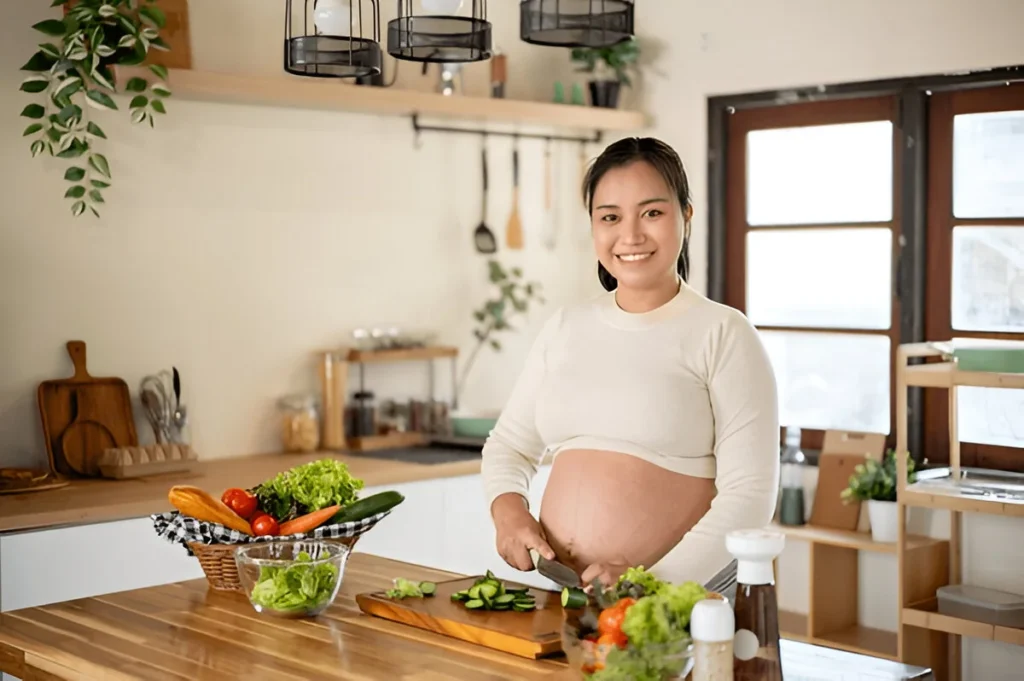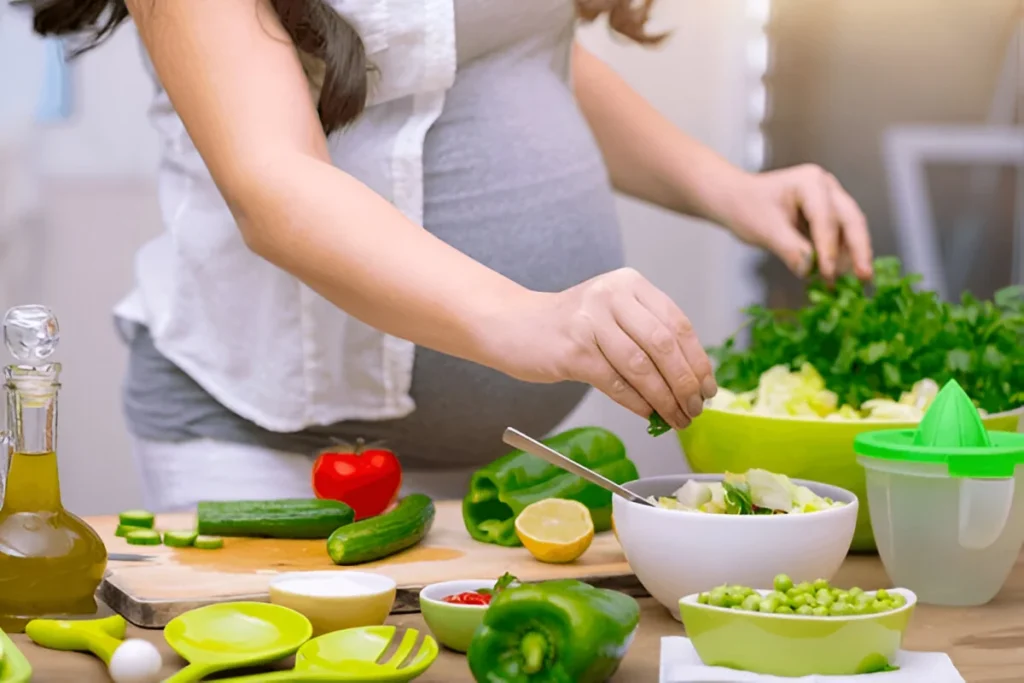
3 September, 2025
By User
Healthy pregnancy diet tips with expert insights from the Best Gynecologist in North Kolkata. Discover foods that support a balanced pregnancy journey.
Pregnancy is a life-changing journey, and nutrition plays a central role in keeping both the mother and baby safe, healthy, and strong. Choosing the right foods during this time not only fuels the body but also supports proper growth and development of the baby. A healthy pregnancy diet is about balance—getting the right mix of vitamins, minerals, proteins, and healthy fats without going overboard.
When guided properly, mothers-to-be can feel more energetic, reduce the risk of complications, and enjoy a smoother pregnancy experience. Let’s explore the key foods and practices that can make a difference.

Pregnancy increases the body’s nutritional demands, and missing out on essential nutrients can affect both maternal health and fetal growth. Proper nutrition ensures:
A healthy pregnancy diet should include a balance of whole grains, lean proteins, fresh fruits, vegetables, and dairy. It’s not about eating more, but eating right.
Brown rice, oats, and whole wheat bread are rich in fiber, helping with digestion and energy levels.
Chicken, fish (low-mercury), eggs, and lentils provide essential amino acids for tissue building.
Colorful vegetables like spinach, carrots, and broccoli provide vitamins, while fruits like oranges and bananas boost immunity.
Milk, cheese, and yogurt help strengthen both mother and baby’s bones.
Avocados, nuts, seeds, and olive oil supply essential fatty acids.
Water is often overlooked but crucial for pregnancy. Staying hydrated helps with digestion, circulation, and preventing constipation. Aim for at least 8–10 glasses daily.
A healthy pregnancy diet isn’t just about what to eat, but also about what to avoid. Some foods can pose risks for complications or infections.

Q1. Can I eat spicy food during pregnancy?
Yes, but in moderation. Spicy food may cause heartburn or discomfort but isn’t harmful to the baby.
Q2. How much caffeine is safe during pregnancy?
Limit to 200 mg per day (about one cup of coffee).
Q3. Do I need to eat for two during pregnancy?
Not exactly. Focus on nutrient-dense foods rather than doubling portions.
Q4. Is it safe to eat fish?
Yes, but choose low-mercury options like salmon, tilapia, or sardines.
Q5. What role do supplements play?
Supplements like folic acid, iron, and calcium are often recommended to fill nutritional gaps.
Eating well during pregnancy is less about restrictions and more about mindful choices that support both the mother and baby. A healthy pregnancy diet can reduce discomforts like fatigue and nausea while also lowering the risk of serious complications. By prioritizing fresh, whole foods, staying hydrated, and avoiding high-risk items, mothers can lay a strong foundation for their child’s future health.
Remember, every pregnancy is unique, and nutritional needs may differ from one mother to another. Listening to your body and seeking professional guidance when in doubt ensures you make the best decisions for you and your baby. With a thoughtful approach, food truly becomes the first gift of love you give to your child.